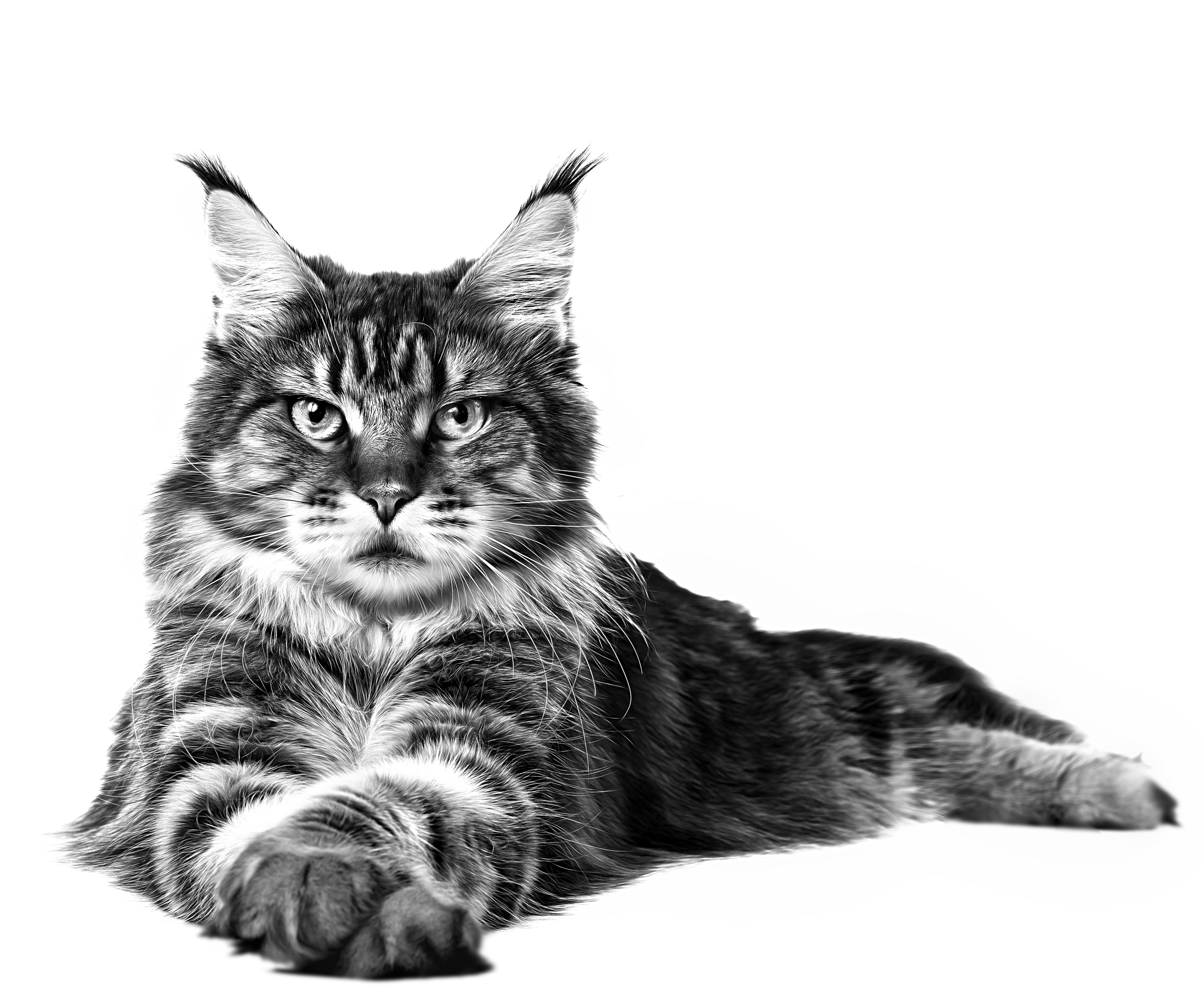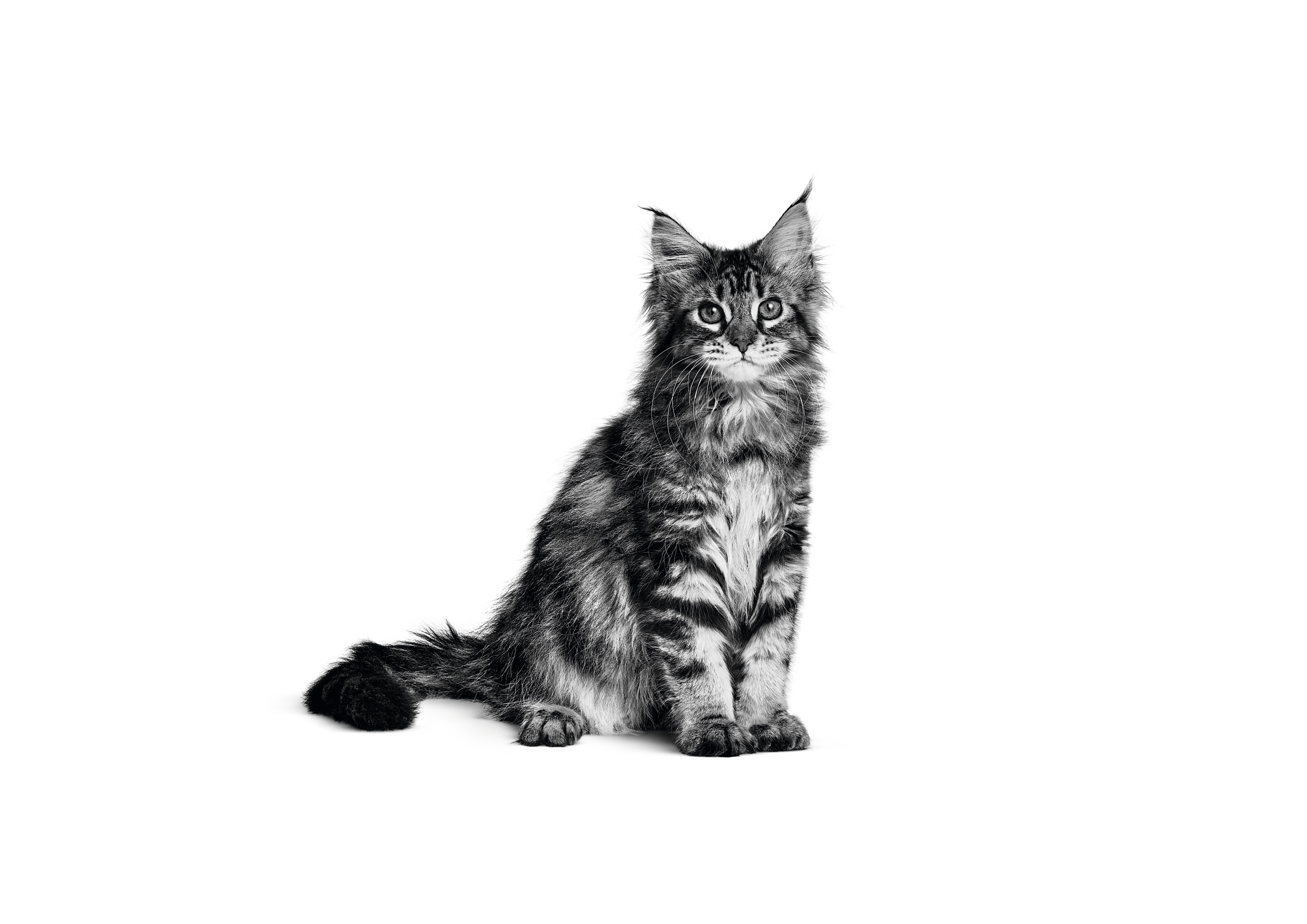
Nutrition for life
A cat’s nutritional needs change throughout its life. A cat’s life stage or age is one of the most important considerations when choosing your cat’s food. Certain stages in your cats life, such as growth when they are a kitten, call for more specific amounts of key nutrients for optimum health. Royal Canin provides tailored nutritional solutions for your cat at every stage of their life, from when they are a kitten, through to their senior years. Discover how life stage can have an impact on their nutritional requirements.
Speak with your vet
Kittens
Did you know kittens should grow approximately 100 grams per week until they are 5 months old? Kittens have very specific nutritional needs that are different from adult or senior cats. A high quality diet is crucial at this stage of their life. Find out more here.

Neutered cats
Did you know a cat that has been desexed is up to 3.4 times more likely to be overweight? After neutering, your cat’s nutritional needs change. Discover how the right nutrition can help.
Adult cats
Did you know cats spend 30% of their waking hours grooming, which can cause hairballs? Tailored nutrition with the inclusion of specific dietary fibres can help prevent the bringing up of hairballs which can be especially important in long coated breeds. Find our more here on how high quality nutrition can help prevent common health conditions in cats.
Senior & ageing cats
Did you know senior cats become less active, and can experience a loss of lean muscle as they age? Tailored high quality diets for mature pets can help through highly digestible protein and specific amino acids to support lean muscle mass. Your veterinarian can help advise on the best diet for your ageing pet.
10 tips to bring your cat to the vet
Because cats are experts at hiding illness, it’s very important they see a veterinarian regularly. Here are our top 10 tips to bring your cat to the vet.